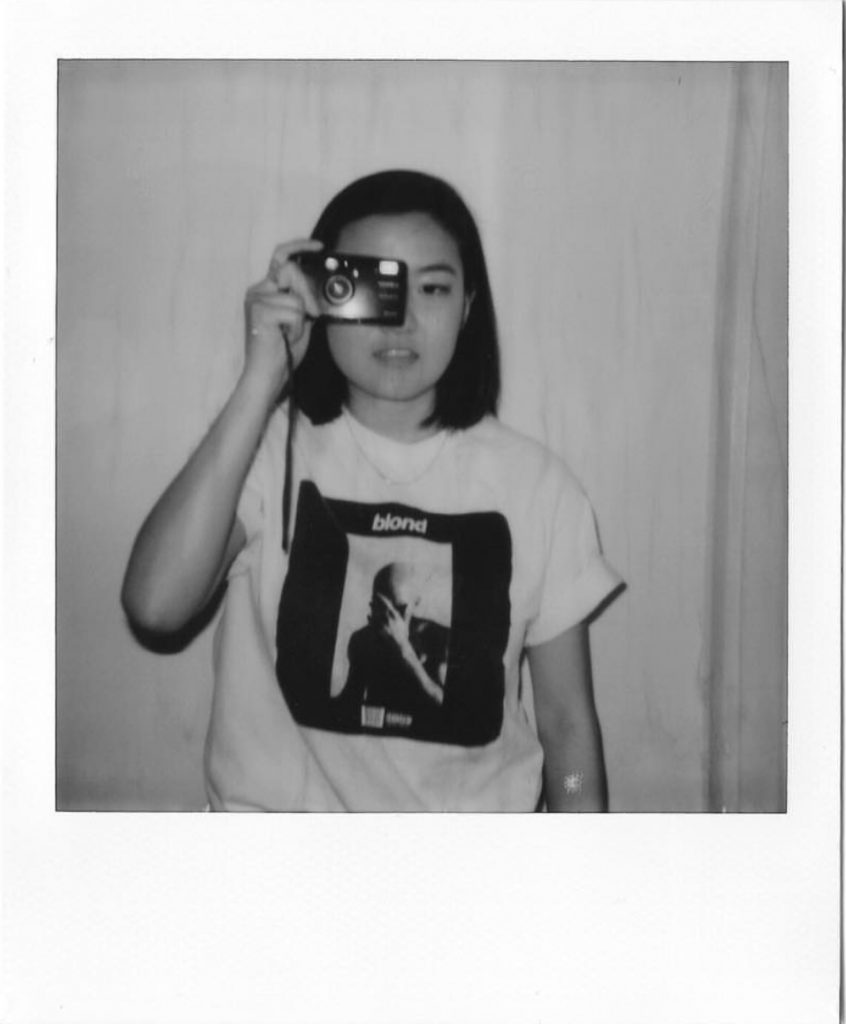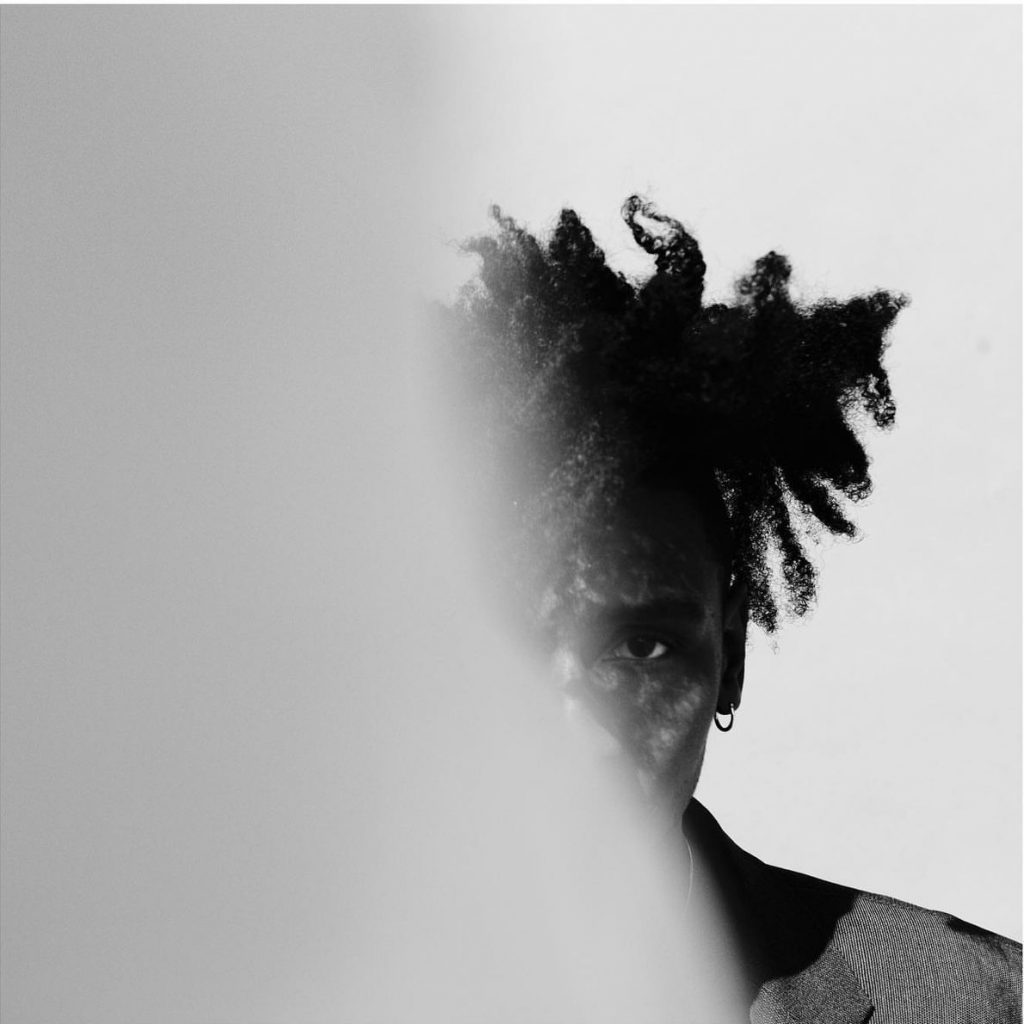

EUGENE KAN: When you were growing up, what was the initial spark of interest in being creative?
CHRISTINA CHOI: At a young age, my parents instilled this sense of being well-rounded. It meant going to Kumon but also playing sports and attending art classes that my mom put me in. I’m so grateful that she pushed me to unlock that side of me so young. I feel like that wasn’t like a lot of Asian parents, but I was very lucky.
Between the sports, the Kumon, and the art, why did art stick out?
I remember my mom put me in art classes when I was five-years-old. Us six kids had the same art teacher from age 5 until 12. One week we would do it in this kid’s garage, another week in my garage. So I grew up with the same art teacher. She’s a Korean American artist named Young Shin. She really believed in us and she encouraged us to interpret prompts ourselves and create something unique. We all had the same materials but we always had different outcomes.
How important was mentorship to you?
So I have a brother that’s 12 years older than me, and I always wanted to hang out with him. But I was that annoying little sister that, you know, he didn’t want to hang out with. I looked up to him so much and I remember when I was 10, he was 22, just about to finish college, he had a lot of cameras, point-and-shoots, DSLRs, and he inspired me to pick up a camera. As I got a little older, at age 14 or 15, he had a Canon D60 that was released in 2002. The LCD screen is literally half an inch by half an inch. I took it from him and through trial-and-error and YouTube Academy, I kind of taught myself photography.
You’re from the YouTube generation that has all these tools at your disposal. Does it overcome the need for a mentor when you have all these online resources?
Early on, I was super into gear and learning about the best lenses, the best cameras, how-to videos, and unboxings. But the internet was less about helping me in a stylistic way. YouTube really showed me how to use the camera. So apertures, shutter speeds, ISOs, all those scientific things. On YouTube at that time, there were really no female photographers doing any of those unboxings or gear reviews. Or Asian women for that matter. I feel like there are a lot more Asian men, but definitely no girls that look like me who are really into tech. In that aspect, I really felt alone. I was like, why isn’t there anybody that looks like me doing these reviews or unboxings?



How did you get going in photography after borrowing your brother’s camera?
Fast forward to when I was 18 or 19, I really wanted to do something with what I’d been learning. I started cold emailing a bunch of people that I admired who I wanted to shoot for. I just told myself the worst they can say is no. I had that mentality at a very young age. I asked without any expectations and I try to keep that mindset with me to this day. Don’t be afraid to ask because the worst they can say is no. I was slowly building. I’m so proud of where I am today. I just turned 28 so I guess I truly started to believe in myself 10 years ago.
If you look at your portfolio there are some heavy hitters in there. How did you get the opportunity to shoot people such as Pharrell, Sosupersam, Aimee Song, and more?
It started with me cold emailing those people I respected on the internet who I wanted to shoot. I remember hitting up Kelia Moniz, this world champion surfer, because she lived nearby and we ended up shooting. I also emailed Aimee Song, the fashion blogger, and was her first-ever intern and helped her grow her following to a few million followers. Then, I met the MISSBISH team at COMPLEX – CON and, while shooting that, met a lot of people there. That’s when I met Rachel Muscat and Pharrell. I started shooting for MISSBISH regularly. I’d go to class, take an Uber to a shoot, go back to class and edit. I think it was just consistency and having a can-do attitude.
How would you describe your approach to photography?
I try to capture nostalgic moments and make you feel like you were there, but you weren’t. Or it might be like a déjà vu kind of thing. I always try to capture a relatable moment. In photography, you’re interacting with people more than anything and I feel like you just have to be approachable and open-minded and then the photos will follow.
When did you realize the power of photography as a medium?
I take photos for my niece and nephew’s birthday every year. I’ve been reflecting a lot recently after my dad’s passing, looking through his old photos, looking through my childhood photos, and I’m so grateful I have them. And I’m grateful for the people that took them at that time because I can reflect on them now and appreciate it. ‘Cause, at the time, it’s just something that’s there, but you don’t really appreciate it until the future after that moment has passed, or that person has gone. I was thinking about this recently when I started looking through my niece and nephew’s photos that I’ve taken. I’m doing that for them so that when they’re my age they’ll appreciate it.
Does being Korean American inform your work?
In my last zine project, I really dug deep into my Korean heritage and my parents. I used their Korean passports that they used to immigrate to America. I’ve never really talked about my “Koreanness” through my art before. I feel like I’ve just become comfortable with myself in the last few years and I’ve started really owning who I am and where I come from.
Where do you think your discomfort in the past might have come from?
I never really grew up with a ton of Korean friends. The only Korean I spoke was at home. I always wanted to assimilate growing up and be “whitewashed.” It’s not until recently in my twenties where it’s been a transformative time for me to really get to know myself and be proud of my heritage. I have no doubt that I will continue using my parents’ influence and my home country’s influence in my future works because of the confidence instilled in me from this recent project. This is just the beginning.
Do you think it was harder for you to come up as an Asian American woman?
I never try to put any pressure on it, but I do feel like when I’m on production sets in LA I am usually the only woman with a camera on set, period. You have other women who are makeup artists, hair stylists, but I’m usually the only girl on set that has a camera. But that’s never deterred me. I know I belong there, but I definitely wish there were more of us.
There’s a stereotype of Asian Americans being quiet and shy. Where did you find your confidence to step up for yourself?
I wasn’t the photographer at first, you know. I was the assistant, I was the PA, I was the digitech. I feel like I had to do all those things to know everything about production and then that instilled in me the confidence to be a photographer on set.
Also, the art teacher I mentioned, Young Shin, was the first person who showed me what art was and she’s a Korean American woman. I was really grateful for that. I was very lucky to be surrounded by people who trusted my creativity
We’ve seen an increase in Asian American artists and people of color getting visibility in pop culture. Has that changed the creative landscape for you at all?
In recent times, I’ve definitely seen people wanting an all minority production or seeking women of color to shoot specific campaigns. I say take the opportunity — we’re in the spotlight now. Just own it. It’s an amazing thing to see the increased representation and to recognize that we’re living through history.
What did you think it’d be like to be a professional photographer and what has been the reality?
I love taking photos, so I feel like even though I’ve made photography a career, it’s still my favorite hobby. I’m excited to go home and dump my photos in a hard drive and edit them the same day because I took those photos for myself. And I think that’s how I’m able to shoot photos as a career and still enjoy doing it. I feel like a lot of people, when their hobbies become their career, they lose passion for it. I keep good boundaries between my career and my hobby.
Lastly, what do you think has been the biggest challenge for you in your career as an artist and creative? What would you say to a younger version of yourself?
Oh my god, I have imposter syndrome every day. In hindsight, I think it does stem from not growing up with representation. I’ve always thought that maybe I’m not someone’s first choice. So instead of waiting for people to approach me, I have to be the one to ask and have that zero expectations mentality. I’d tell my 15-year- old self that rejection is ok and you move on from that. You’re going to think, “How am I going to manage this?” and then learn to balance that with thinking, “They must think I can do it and I have to do it.” And then you surprise yourself. ▲
